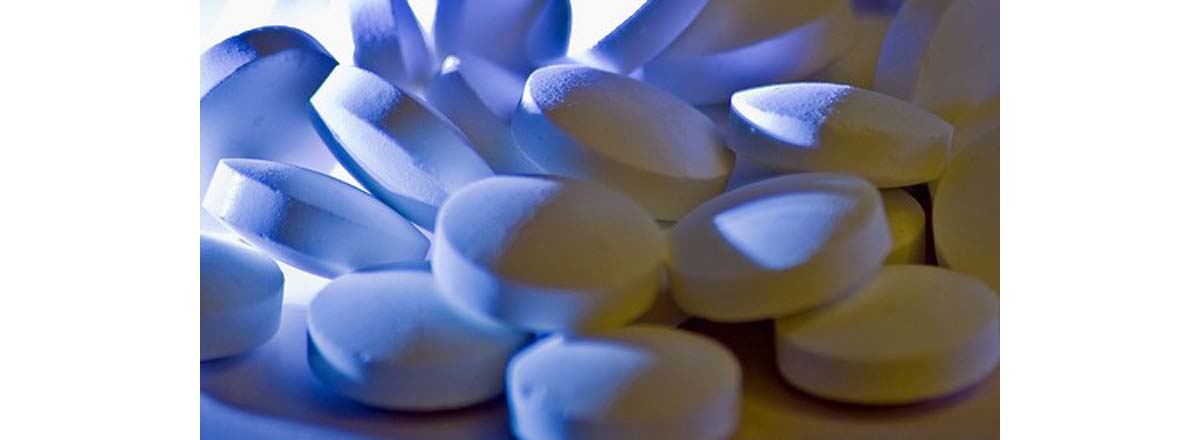Table of Contents
What the studies of calcium supplements and heart disease have not taken into account is that how calcium works in the body depends on its co-factors, especially vitamin K2. With vitamin K2, calcium goes into bones where it is needed.

Read More: Steps To Protect Your Heart With A Diet
What Is Vitamin K2?
While "vitamin K" exists in two primary forms, vitamin K1 and vitamin K2, the functions of the two structurally similar chemicals are quite different. Vitamin K1 is phylloquinone, the vitamin found in leafy greens. The body uses vitamin K1 to make blood clotting factors, and the older drugs for preventing blood clots such as Coumadin (warfarin) worked by counteracting vitamin K1. It's almost impossible to get so much vitamin K1 from food or supplements, however, that you would have a vitamin-induced problem with excess clotting.
Vitamin K2 is structurally similar chemical known as menaquinone. This chemical doesn't have anything to do with clotting (at least in the concentrations you can achieve from food and supplements). What vitamin K2 does is to move calcium where it is suppose to go. It activates a protein called osteocalcin that moves calcium into teeth and bones. And it also activates a protein called matrix gla protein (or MGA) that moves calcium out of soft tissues, such as the linings of the arteries.
What Does Vitamin K2 Have to Do with Heart Disease?
Cholesterol is usually called the culprit in cardiovascular disease, but cholesterol is really only part of the problem. Cholesterol by itself is a soft, waxy, fatty substance. Only when cholesterol combines with calcium does it become the artery-clogging plaque that causes cardiovascular disease. If you have cholesterol, but it is not impregnated by calcium, your arteries remain pliable and flexible, less likely to be closed by a blood clot.
Just as cholesterol is only part of the picture of atherosclerotic plaques, calcium is only part of the picture with increased risk of death. It's highly likely that the well-informed, health-conscious, vegetable-eating men at increased risk of death, the same men who tried to protect their bones by taking calcium supplements, did not get enough vitamin K2.
How Can You Be Sure You Get Your Vitamin K2?
Vitamin K2 is not something you get by eating salad greens, tropical fruits, or lean meat. Ironically, this heart-protective vitamin is most abundant in egg yolks, cream, soft cheeses, butter made from milk and cream from grass-fed cows, and a very particular fermented soy food known as natto. Although the report in the Journal of the American Medical Association did not explore this possibility, it is likely that these men most at risk of heart disease did not consume the high-cholesterol foods that, ironically, could help them fight the effects of arterial cholesterol.
So men can fight heart disease by eating more eggs and butter?
If they are the right kind of eggs and butter, yes. Eggs with brilliant orange yolks and butter that is spreadable straight from the refrigerator (with the addition of plant oils) have the vitamin K2 that is needed to keep arteries open.
There is also K2 in goose liver pâté, the animal food with the most K2 per serving, hard cheeses (especially Gouda), soft cheeses (especially Brie), chicken livers, and cheddar cheese.
If you just can't bring yourself to eat these high-cholesterol foods, or you follow a vegan diet, then you can eat a fermented soy food known as natto. (Other fermented soy foods won't work.) Natto contains 3 times more vitamin K2 than goose liver, 20 times more K2 than cheese, and 65 times more K2 than egg yolks. Or you can take a vitamin K2 supplement, which may be labeled as menaquinone, MK-7, or vitamin K2, preferably in a dosage of at least 40 micrograms (40 mcg) per day.
- Bucher HC, Cook RJ, Guyatt GH, et al. Effects of dietary calcium supplementation on blood pressure: a meta-analysis of randomized controlled trials. JAMA. 1996.275(13):1016-1022.
- Reid IR, Bolland MJ, Grey A. Calcium supplements and risk of myocardial infarction: an hypothesis twice tested. Am J Med. 2012.125(4):e15-e17.
- Xiao Q, Murphy RA, Houston DK, Harris TB, Chow WH, Park Y. Dietary and Supplemental Calcium Intake and Cardiovascular Disease Mortality: The National Institutes of Health-AARP Diet and Health Study. JAMA Intern Med. 2013 Feb 4:1-8. doi: 10.1001/jamainternmed.2013.3283. [Epub ahead of print]
- Photo courtesy of photos/photo_art on Flickr: www.flickr.com/photos/photo_art/2407080012
- Photo courtesy of ringai on Flickr: www.flickr.com/photos/ringai/3174655194


Your thoughts on this